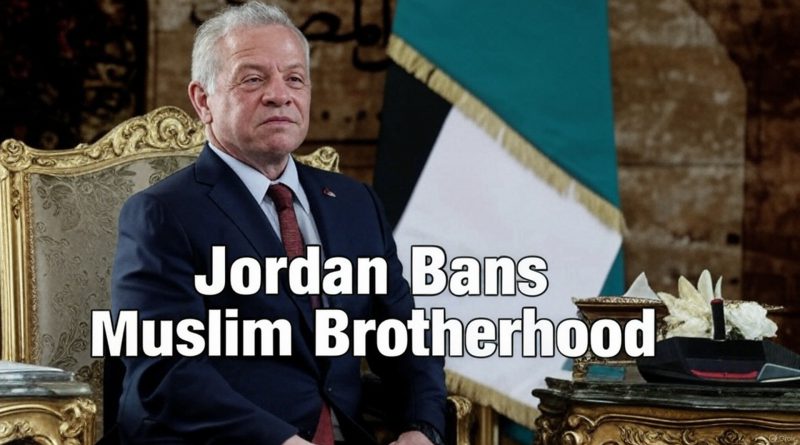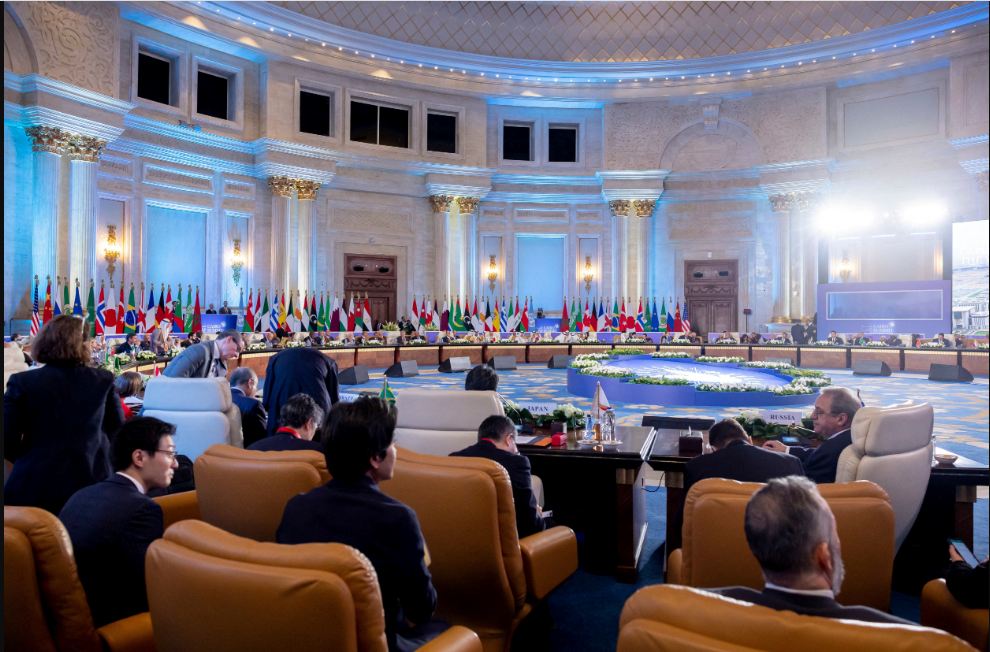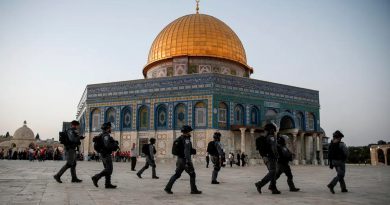Jordan Enforces Sweeping Ban on Muslim Brotherhood Amid Security Allegations
Amman — Jordan on Wednesday escalated its stance against the Muslim Brotherhood, declaring the group an illegal organization and initiating a comprehensive ban that could include the closure of the country’s most prominent opposition party.
The move comes amid accusations that members of the Brotherhood were planning attacks, with authorities citing national security concerns. Police forces surrounded and searched the headquarters of the Islamic Action Front, the political party affiliated with the Brotherhood, shortly after the announcement.
The Islamic Action Front had secured the largest number of seats in last year’s parliamentary elections, held in the shadow of mass protests across Jordan in response to the Israel-Hamas war.
Although the Muslim Brotherhood was officially banned a decade ago, a splinter faction was licensed, and the Islamic Action Front had continued operating with restrictions. It remains unclear how extensively the new ban will be implemented against the party and its affiliates.
In a statement, the Interior Ministry confirmed the designation of the Muslim Brotherhood as an illegal organization and announced a ban on all political activity connected to the group. Offices linked to the Brotherhood will be closed, and asset confiscation efforts will be intensified.
“It has been proven that members of the group operate in the dark and engage in activities that could destabilize the country,” the ministry stated. “Members of the dissolved Muslim Brotherhood have tampered with security and national unity, and disrupted security and public order.”
The ministry also alleged that the son of a Brotherhood leader was involved in attempts to manufacture and test explosives aimed at targeting security forces. No specific names or further details were disclosed.
Just last week, Jordanian authorities reported the arrest of 16 individuals accused of manufacturing short-range missiles, possessing explosives and automatic weapons, concealing a missile ready for use, and conducting illegal recruitment and training. The suspects were described as being part of “unlicensed groups,” a term widely interpreted to refer to the Muslim Brotherhood. The group has denied the allegations and reaffirmed its commitment to Jordan’s security.
“This marks a pivotal moment for Jordan,” said political analyst Amer Sabaileh. “The relationship with the Muslim Brotherhood has fundamentally changed and will not return to its previous state.”
Jordan, a key Western ally often regarded as an island of stability in the Middle East, shares borders with Israel, the West Bank, Syria, Iraq, and Saudi Arabia. The kingdom hosts hundreds of thousands of refugees from regional conflicts and has long played a strategic role in the region’s geopolitics.
The Muslim Brotherhood, founded nearly 100 years ago in Egypt, has grown into a global network with branches across the Middle East. While its leaders insist they pursue Islamic governance through peaceful, democratic means, governments across the region — especially those with authoritarian leanings — have labeled the group a threat to national security.



